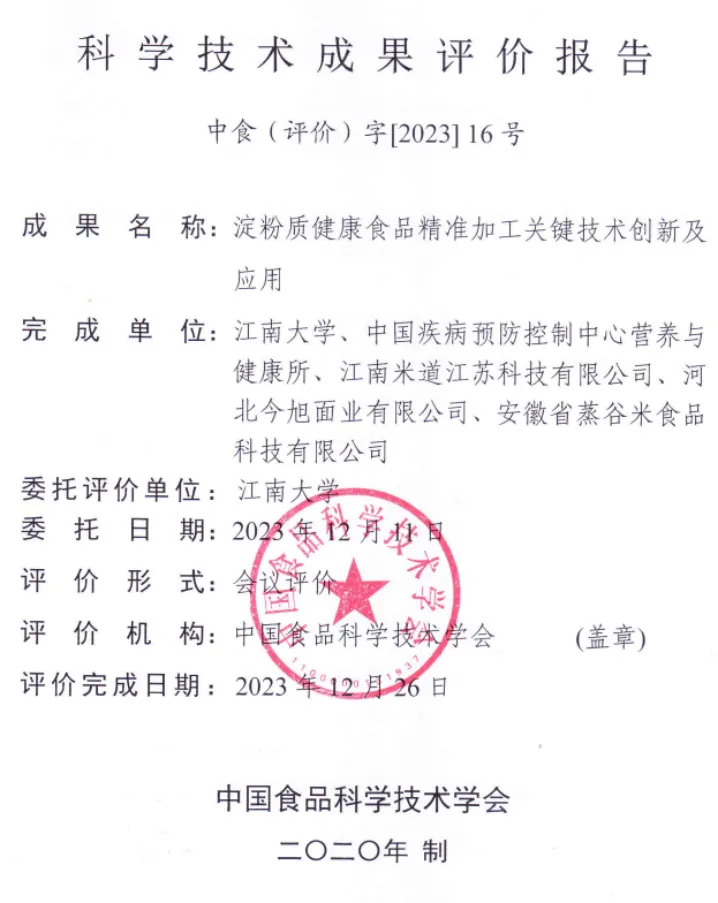are buckwheat soba noodles gluten free
Are Buckwheat Soba Noodles Gluten-Free?
In recent years, the dietary world has become increasingly conscious of gluten and its effects on those with gluten intolerance or celiac disease. Many people are seeking alternatives to traditional wheat-based products, and one such alternative that has gained popularity is buckwheat soba noodles. But are these noodles truly gluten-free? Let’s delve into the characteristics of buckwheat, soba noodles, and what you should know about gluten-free diets.
Understanding Buckwheat
First, it is essential to clarify that despite its name, buckwheat is not actually a type of wheat. Buckwheat is a pseudocereal, which means it is not a member of the grass family like wheat, barley, or rye. Originating in Asia, buckwheat is well-regarded for its nutritious qualities and is often consumed in various forms, including groats, flour, and as an ingredient in soba noodles.
Soba Noodles Explained
Soba noodles are a traditional Japanese noodle made from buckwheat flour. They are celebrated for their unique flavor, nutty profile, and distinct texture. Soba noodles can be enjoyed warm or cold and served in a variety of dishes ranging from soups to salads.
However, not all soba noodles are created equal. While 100% buckwheat soba noodles are inherently gluten-free, many commercial varieties often contain a blend of wheat flour and buckwheat flour. This incorporation of wheat means that these particular noodles cannot be classified as gluten-free and may cause issues for those with gluten sensitivities or celiac disease.
Gluten-Free Options
To ensure that your soba noodles are gluten-free, it is vital to read labels carefully. Look for packages that specifically state 100% buckwheat or gluten-free soba noodles. These options are safe for those avoiding gluten. Additionally, with the rising demand for gluten-free products, many brands have begun producing gluten-free soba noodles made exclusively from buckwheat flour, making it easier than ever to enjoy this delicious food without worry.
are buckwheat soba noodles gluten free

Nutritional Benefits of Buckwheat Soba Noodles
Apart from being gluten-free, buckwheat soba noodles offer a number of nutritional benefits. They are rich in essential amino acids, particularly lysine, which is often lacking in other grains. Buckwheat is also a source of high-quality protein and contains several essential minerals, including manganese, magnesium, and phosphorus. Furthermore, buckwheat is high in antioxidants, which can support heart health and combat inflammation.
Because buckwheat is low on the glycemic index, it can be a healthier carbohydrate choice for those looking to manage their blood sugar levels. This property is particularly beneficial for diabetics or anyone looking to sustain energy levels without the spikes and crashes associated with other types of carbohydrates.
Culinary Versatility
Soba noodles are incredibly versatile and can be used in a variety of dishes. They can be served cold in salads with fresh vegetables and a light dipping sauce or served warm in broths and soups. The nutty flavor of buckwheat enhances the taste of various ingredients, making them an excellent companion to an array of sauces, proteins, and greens.
You can also experiment with different preparation methods; try stir-frying soba noodles with seasonal vegetables and your choice of protein, or incorporate them into a hearty soup with miso and tofu. Furthermore, due to their unique texture, buckwheat soba holds up well in any dish, providing a satisfying chew that enhances the overall dining experience.
In Conclusion
In summary, buckwheat soba noodles can be gluten-free, but the key is to select the right product. Opt for 100% buckwheat soba to ensure you are enjoying a gluten-free option. With their nutritional benefits, culinary versatility, and delightful flavor profile, buckwheat soba noodles provide an excellent alternative to traditional wheat noodles for those seeking gluten-free fare. So, why not give them a try? You may find your new favorite noodle!
-
Unleash Your Inner Chef with Delectable Italian Pasta CreationsNewsAug.01,2025
-
Savor Health and Flavor: Irresistible Soba Noodles for Sale Await!NewsAug.01,2025
-
Nourish Your Body with Premium Organic Ramen - A Culinary Delight AwaitsNewsAug.01,2025
-
Elevate Your Dishes with Our Exquisite Kinds of Egg NoodlesNewsAug.01,2025
-
Dive into Flavorful Convenience with Our Ramen OfferingsNewsAug.01,2025
-
Discover Exquisite Types of Naengmyeon and Chilled Soba NoodlesNewsAug.01,2025
-
Is Whole Wheat Pasta Healthy?NewsMay.30,2025
Browse qua the following product new the we

















































































































